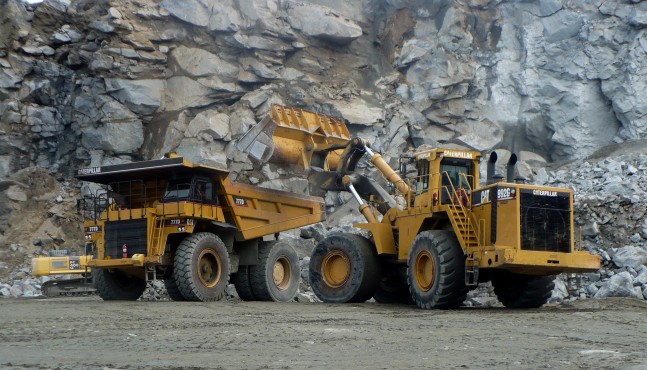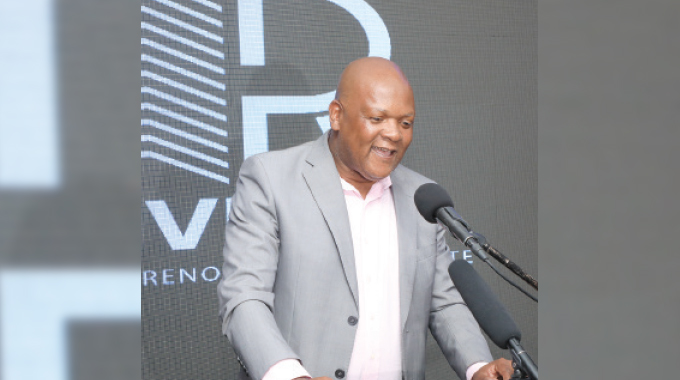Power outages cost mining sector millions

 Bianca Mlilo Business Reporter
Bianca Mlilo Business Reporter
THE mining sector in Zimbabwe loses up to $10 million annually due to crippling power outages that affect production and viability of the industry, a survey has shown.
With mining being a 24-hour operation, most mines bridge the power supply gap partly by self generation, according to the Chamber of Mines Zimbabwe 2015 study.
“In cases where outages extend beyond the normal peak periods, 86 percent of the mines said that they don’t cope and suffer output losses as much as $10 million per annum,” reads part of the report.
“Most of the respondents, 44 percent have lost revenue between $1m and $5m per annum.”
The mining sector requires 120MW to remain in business while demand is anticipated to rise steadily if the industry secures additional investment capital.
Zimbabwe’s combined local generation from all five power station stands at 726MW as of yesterday against national demand of about 2,200MW.
The mining body condemned the tariff regime, saying it was too high and affects viability.
“Central to the electricity question by miners is the tariff regime, which most producers feel is too high and not sustainable for the quality of deposits being exploited.
“The average tariff for the mining industry is currently around 10 cents per kilowatt hour (KWh), though most gold producers are paying around 13 cents/ kWh compared to the national average or general tariff around nine cents,” reads the survey report.
Most mines indicated that they would like to see a tariff that is competitive to regional standards, and reflective of their cost structure.
Half of the mining industry said they would prefer tariffs between eight and nine cents to remain in business or to improve their production, while others advocated for a tariff pegged at seven cents and below.
Others felt that a tariff linked to commodity prices should be applied.
Zimbabwean domestic consumer tariffs are pegged at 9,8 cents/KWh, while Zesa recently applied for a tariff increment to the Zimbabwe Energy Regulatory Authority, sparking national outcry.
Residents have also opposed the proposed increase and threatened demonstrations against the power utility.
Consumers contend that any increase would lead to a chain of price hikes in other goods and services since electricity is a primary component of the manufacturing and production process.











Comments